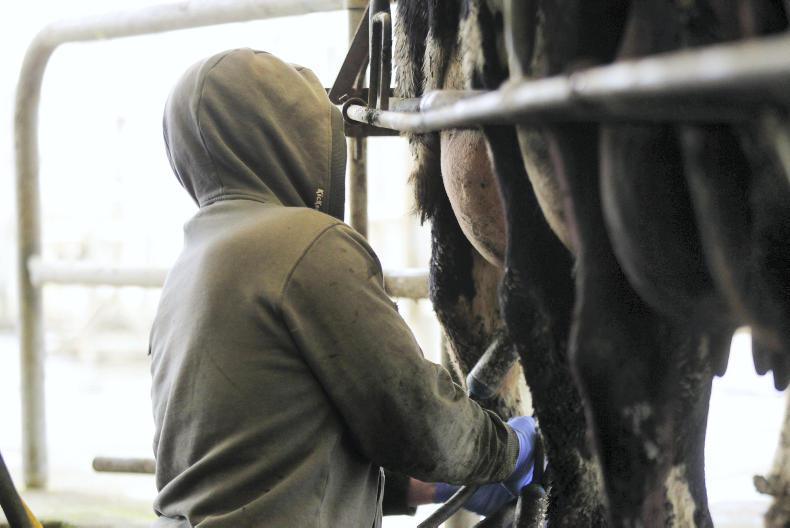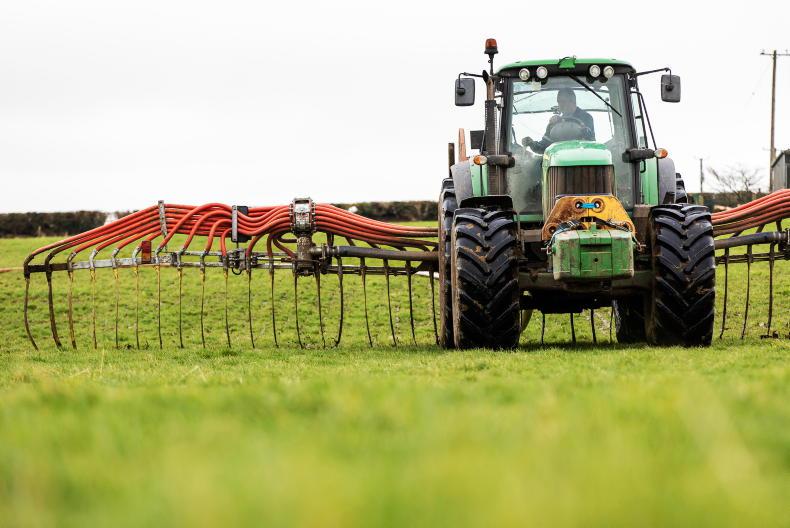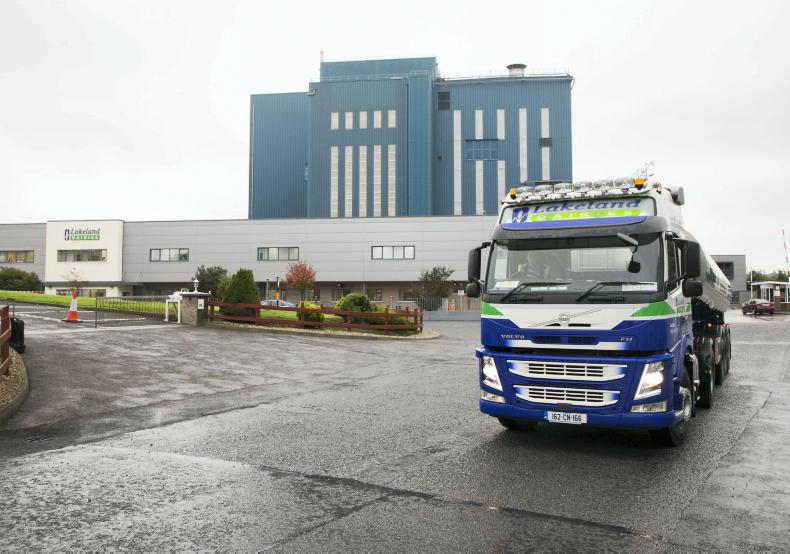A pilot scheme to introduce more flexibility in the attribution of work permits for non-European immigrants in the agri-food sector should be expanded, Minister for Business, Enterprise and Innovation Heather Humphreys has said, as her Department published a review of existing policy this Friday.
Since decisions to allow meat factories, dairy farms and horticulture enterprises to employ 1,300 staff from outside the European Economic Area between May and August, 276 positions have been filled by new immigrants, the latest Department figures show. Most of these have been in meat processing.
Evidence
The review recommends to extend such flexibility to other sectors as labour shortages arise, instead of every six months under current legislation.
"While the twice-yearly system will still operate, sectors experiencing severe labour shortages will be able to submit a business case for consideration via their line department as they arise," the Department said in a statement. Hospitality and healthcare workers could be included.
This was the process for the agri-food scheme.
The Department of Agriculture put forward evidence of labour shortages and failure to recruit European staff. The Department of Business considered this along with other factors, such as the new right for asylum seekers to work in Ireland, and allow a number of extra permits.
This has worked well and will be replicated
"This has worked well and will be replicated," Minister Humphreys told RTÉ Radio 1.
She added that safeguards would be required, such as the obligation to advertise positions in Europe for four weeks before seeking other workers, and protection to ensure immigrants are not exploited.
She mentioned the conditions attached to the permits opened for horticulture, including a minimum €22,000 annual salary and access to accommodation and English language skills.
Seasonal employment
The review also recommends the introduction of short-term seasonal employment permits of six to nine months, noting that most other developed countries already offer this option. It mentions a short-lived scheme where Macra helped connect foreign students with horticulture farms for temporary work in 2008 and 2009.
Rising demand means current delays for the processing of immigrant employment permits remain high, at 15 weeks for standard applications and six weeks for so-called trusted partners registered for a larger volume of workers.
Minister Humphreys said her Department would continue to make changes to the application process to reduce waiting lists.
Read more
Delays mount for foreign work permits
Listen: €1,000 fee for non-EU employment permits
Dairy lags behind meat factories for labour permits
A pilot scheme to introduce more flexibility in the attribution of work permits for non-European immigrants in the agri-food sector should be expanded, Minister for Business, Enterprise and Innovation Heather Humphreys has said, as her Department published a review of existing policy this Friday.
Since decisions to allow meat factories, dairy farms and horticulture enterprises to employ 1,300 staff from outside the European Economic Area between May and August, 276 positions have been filled by new immigrants, the latest Department figures show. Most of these have been in meat processing.
Evidence
The review recommends to extend such flexibility to other sectors as labour shortages arise, instead of every six months under current legislation.
"While the twice-yearly system will still operate, sectors experiencing severe labour shortages will be able to submit a business case for consideration via their line department as they arise," the Department said in a statement. Hospitality and healthcare workers could be included.
This was the process for the agri-food scheme.
The Department of Agriculture put forward evidence of labour shortages and failure to recruit European staff. The Department of Business considered this along with other factors, such as the new right for asylum seekers to work in Ireland, and allow a number of extra permits.
This has worked well and will be replicated
"This has worked well and will be replicated," Minister Humphreys told RTÉ Radio 1.
She added that safeguards would be required, such as the obligation to advertise positions in Europe for four weeks before seeking other workers, and protection to ensure immigrants are not exploited.
She mentioned the conditions attached to the permits opened for horticulture, including a minimum €22,000 annual salary and access to accommodation and English language skills.
Seasonal employment
The review also recommends the introduction of short-term seasonal employment permits of six to nine months, noting that most other developed countries already offer this option. It mentions a short-lived scheme where Macra helped connect foreign students with horticulture farms for temporary work in 2008 and 2009.
Rising demand means current delays for the processing of immigrant employment permits remain high, at 15 weeks for standard applications and six weeks for so-called trusted partners registered for a larger volume of workers.
Minister Humphreys said her Department would continue to make changes to the application process to reduce waiting lists.
Read more
Delays mount for foreign work permits
Listen: €1,000 fee for non-EU employment permits
Dairy lags behind meat factories for labour permits










SHARING OPTIONS